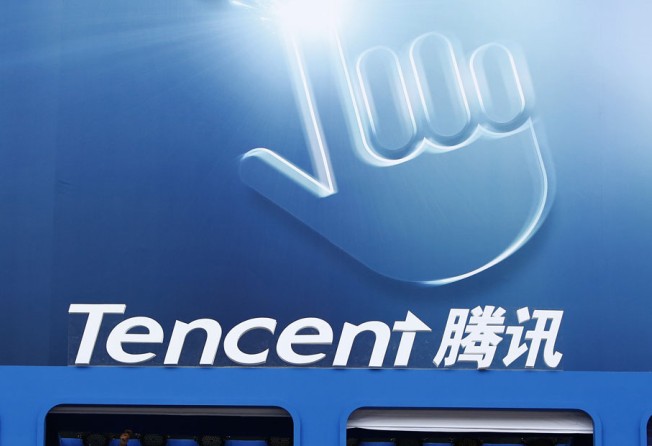
Chinese brands in world of their own

Mainland internet giant Tencent Holdings emerged as the world's fastest growing brand this year and surpassed China Mobile as the most valuable in Asia, according to the latest BrandZ Global Top 100 study.
South China Morning Post, May 22
Two things should quickly strike you about these ratings other, of course, than that someone caught in a 1964 time warp rated IBM as No 3.
The first is that the authors of this study, Millward Brown Optimor, an advertising agency, rate such globally recognised names as MasterCard, Facebook, Walmart and Disney as having less brand value than Tencent, China Mobile and ICBC, names little known outside of China.
There is a reason for this. The definition that the BrandZ study offers of brand value, after a good deal of preliminary puff talk along the lines of we-do-this-better-than-anyone-else, is: "The dollar amount a brand contributes to the overall value of a corporation."
When you then operate in a market of 1.36 billion people in which competition is, shall we say, guided, and from which the rest of the world is largely excluded, it is not entirely a work of magic to build up a local brand loyalty as valuable as a global brand loyalty. With this sort of market you can live in world of your own.
The other thing that should strike you is the absence of even a single Chinese industrial name on this list. In fact, there is none in the top 100. This is a distinct oddity for the world's biggest manufacturer of consumer products. South Korea is there with Samsung, and Japan is there with Toyota, Honda and Nissan, but no China shows up.
Can you even name one Chinese consumer brand known around the world? There are plenty you still know from when Japan was the world leader in the field - in consumer electronics, for instance, with under the letter "P" alone, Panasonic, Pentax and Pioneer.
In China there is Lenovo perhaps, although I doubt that it is recognised across the world as any number of Japanese brands still are. And, even if recognised, it will very likely be as little more than the IBM Thinkpad under a different label.
Why? At one level it is because technology transfers, low shipping costs and modern communications have utterly fragmented manufacturing industries. For any product, manufacturing now takes place across many different countries, with China accounting for little more than the labour-intensive and final-assembly stages.
All the rest - from product origination to delivery into the customers' hands - occur elsewhere. It wasn't quite so fragmented when Japan was the big noise in consumer products.
At a more fundamental level, however, I think it is because the most critical and most profitable stages of the process do not thrive in a system where the central authorities still direct capital allocation and where the capital account on the balance of payments is still closed.
To make it all work, you need competitive market pricing of all inputs, as well as of the final product, and this is just not possible yet in the world of the Chinese yuan.
It is why everyone still quotes prices in US dollar terms for "Made in China" products. Manufacturing is still not really a China-based business. There is still more of "Exploit China" than of "Made in China" and that will continue to be the case until the yuan is freely exchangeable.
I think that this talk of China having the world's fastest growing brands does manufacturing in China a disservice. It pretends to a success that does not yet really exist and draws attention away from the crying need for a freely exchangeable yuan.